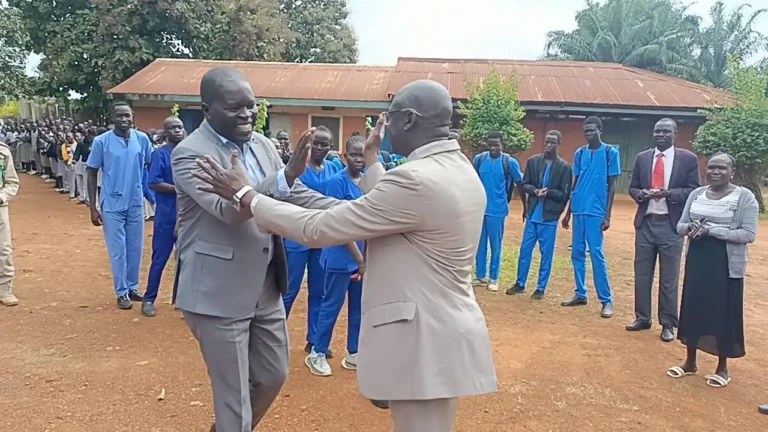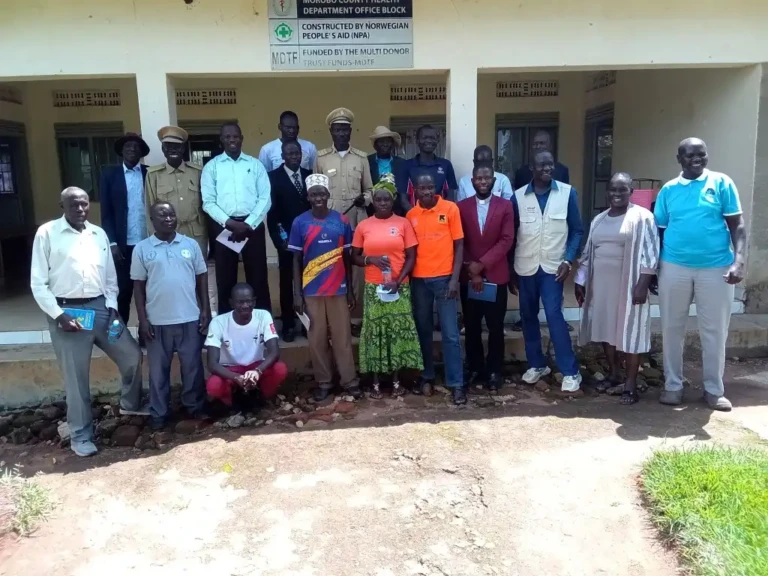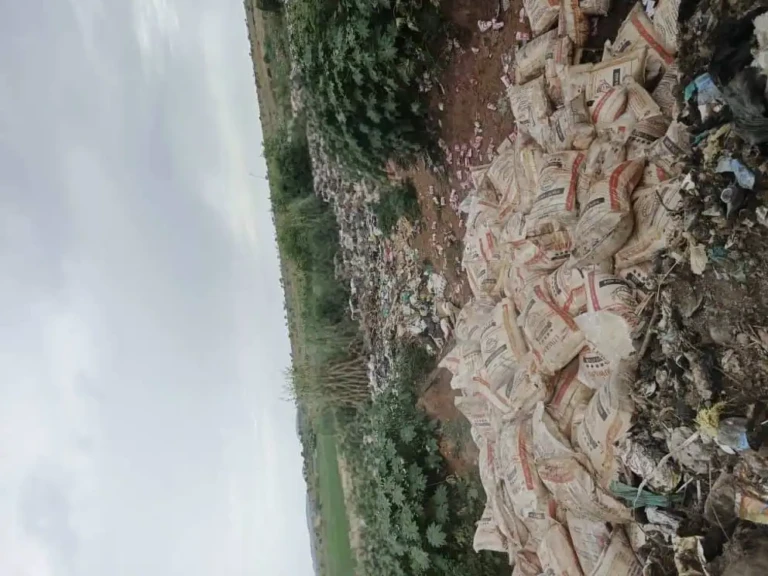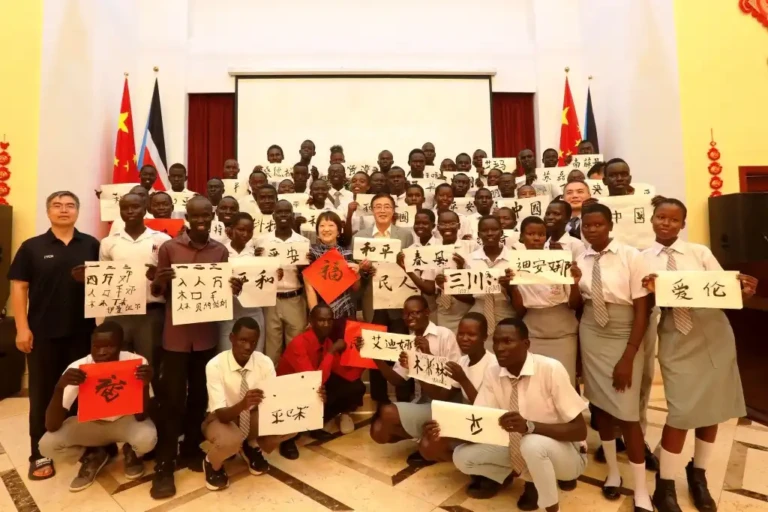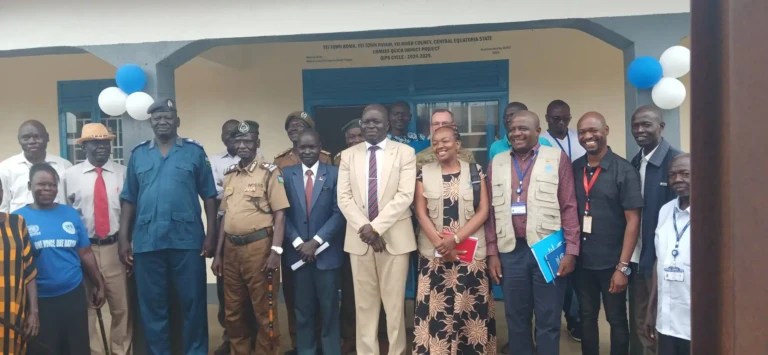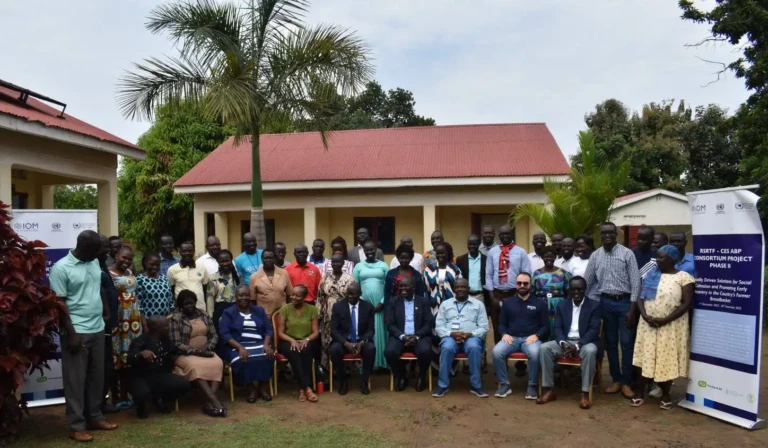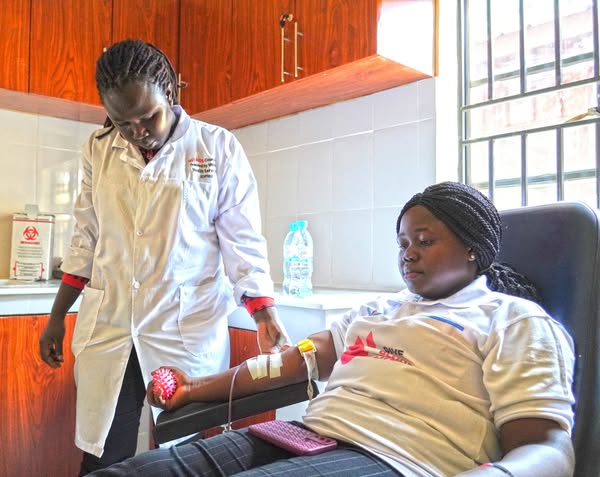
South Sudan Red Cross Photo
(Juba) – South Sudan’s National Blood Donor Week came to a close with a total of 86 pints of blood collected by the National Blood Transfusion Services (NBTS), in partnership with the South Sudan Red Cross. The campaign which ran in connection with World Blood Donor Day on June 14th focused on encouraging voluntary blood donation and honoring the people who donate to save lives.
World Blood Donor Day is marked every year to remind communities around the world about the importance of regular, voluntary, and safe blood donation. In South Sudan, the day was used to mobilize citizens to donate blood and contribute to strengthening the country’s health system, especially at a time when access to medical services remains a major challenge.
According to officials, 41 of the 86 pints were collected on World Blood Donor Day alone. This is seen as a notable achievement because a single pint of blood can help save up to three lives. This means the campaign potentially created life-saving support for over 250 people.
The South Sudan Red Cross worked alongside the NBTS to organize awareness activities and blood donation drives. These included public events and educational campaigns encouraging people to donate blood voluntarily and regularly.
Health experts continue to emphasize that voluntary donations, rather than family replacement or paid donations, are the safest and most sustainable source of blood for emergency care, surgery, childbirth, and chronic conditions like anemia and cancer.
In South Sudan, the need for blood donations is especially high due to frequent humanitarian emergencies, poor road infrastructure, and limited medical resources. Hospitals often face shortages of safe blood, which is vital for treating trauma victims, expectant mothers, children with severe malaria, and patients undergoing surgery.
Campaign organizers thanked all donors who participated and urged more people to take part in future donation efforts. They also called for increased investment in national blood services to ensure that all hospitals across the country can meet urgent and routine transfusion needs.
Discover more from Access Radio Yei News
Subscribe to get the latest posts sent to your email.

